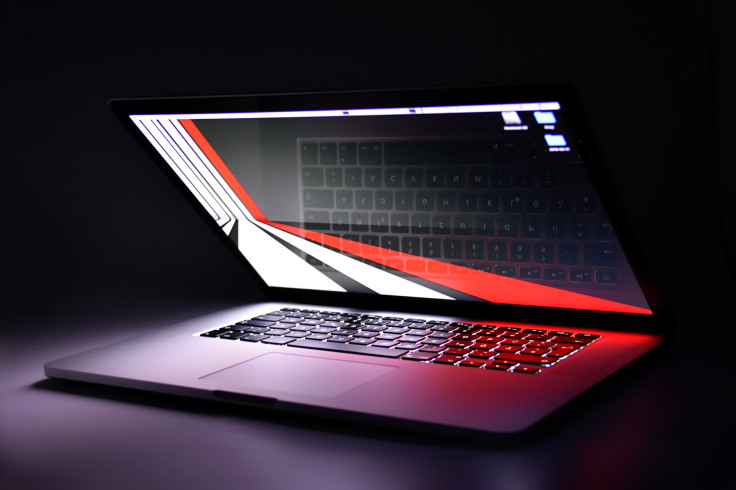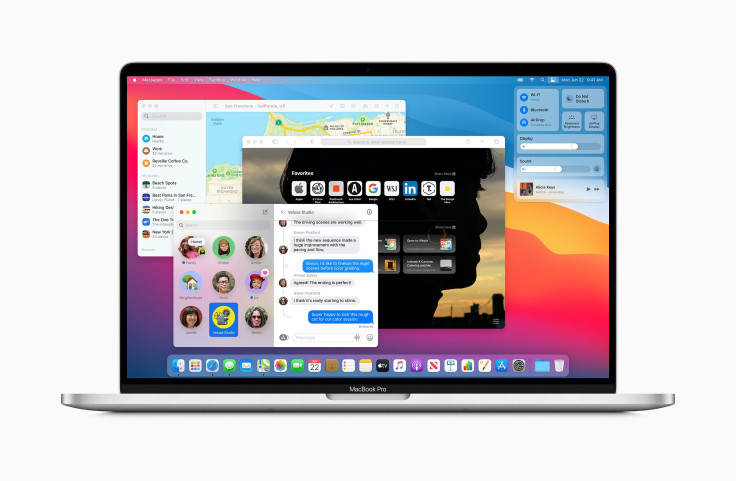Macs Will Use Apple's In-House Silicon

KEY POINTS
- Apple has announced its plans to transition Macs to its own silicon
- This move has been anticipated by many
- Apple plans to release the first Mac with in-house silicon later this year
It's official. Apple has finally announced that it will transition the Mac to using its in-house custom silicon – a move that has been long anticipated by many.
Apple announced in a press release that the move to transition the Mac to in-house chips “represents the biggest leap ever for the Mac.” The move is seen to affect the Mac's performance greatly, as well as making it easier for both the company and developers to create apps and features for the Mac.
“From the beginning, the Mac has always embraced big changes to stay at the forefront of personal computing. Today we’re announcing our transition to Apple silicon, making this a historic day for the Mac,” Apple CEO Tim Cook said.
“With its powerful features and industry-leading performance, Apple silicon will make the Mac stronger and more capable than ever. I’ve never been more excited about the future of the Mac,” Cook added.

Why is this important?
The transition to Apple's silicon will benefit Macs, their users, as well as developers working to create apps and services for the device as well as Cupertino's other devices like the iPhone and iPad.
First, it will establish a common architecture across all Apple products, such as the iPad and iPhone. These devices use in-house silicon (such as the 2020 iPad Pro's A12Z and the iPhone 11 series' A13 Bionic). The Mac will be part of a common architecture with the other devices.
Second, the common architecture will help developers write and optimize their apps for the entire Apple ecosystem. Apple said developers can easily convert their existing apps to run on its in-house silicon, so they can take advantage of its capabilities.
Apple is planning to ship the first Mac equipped with an in-house silicon “by the end of the year.” It is targeting to complete the transition to its own chips “about two years” from now.
Consumers need not worry about losing support for non-Apple silicon-powered Macs because the company said it will continue to providing support to, and release new macOS versions for, Intel-based Macs “for years to come.” What's more, the company is still developing new Intel-based Macs, and support for such devices will come as well.
© Copyright IBTimes 2025. All rights reserved.



















